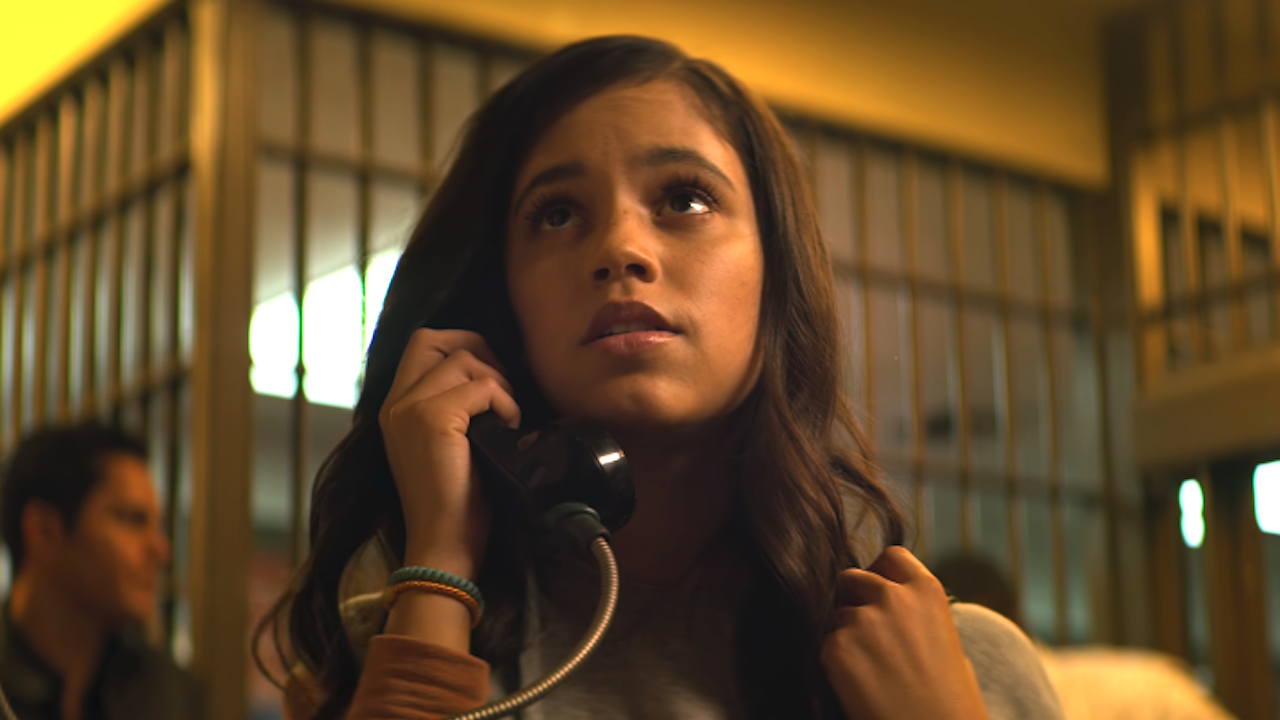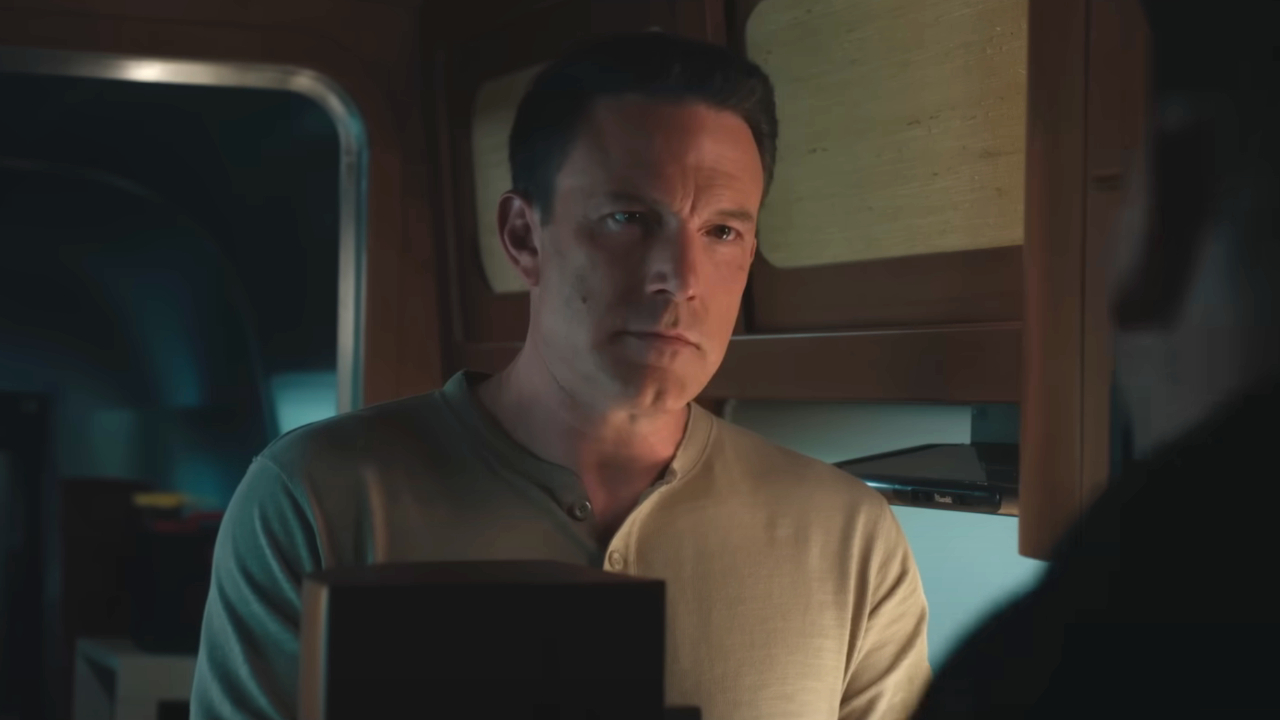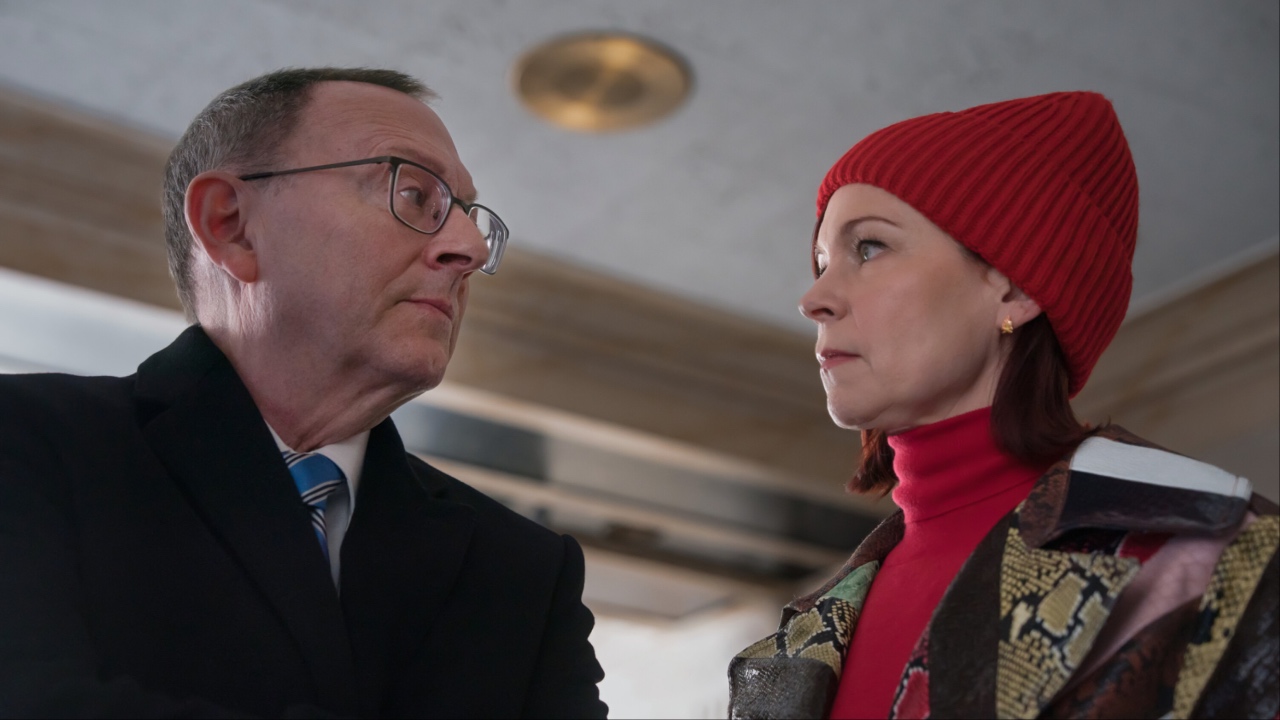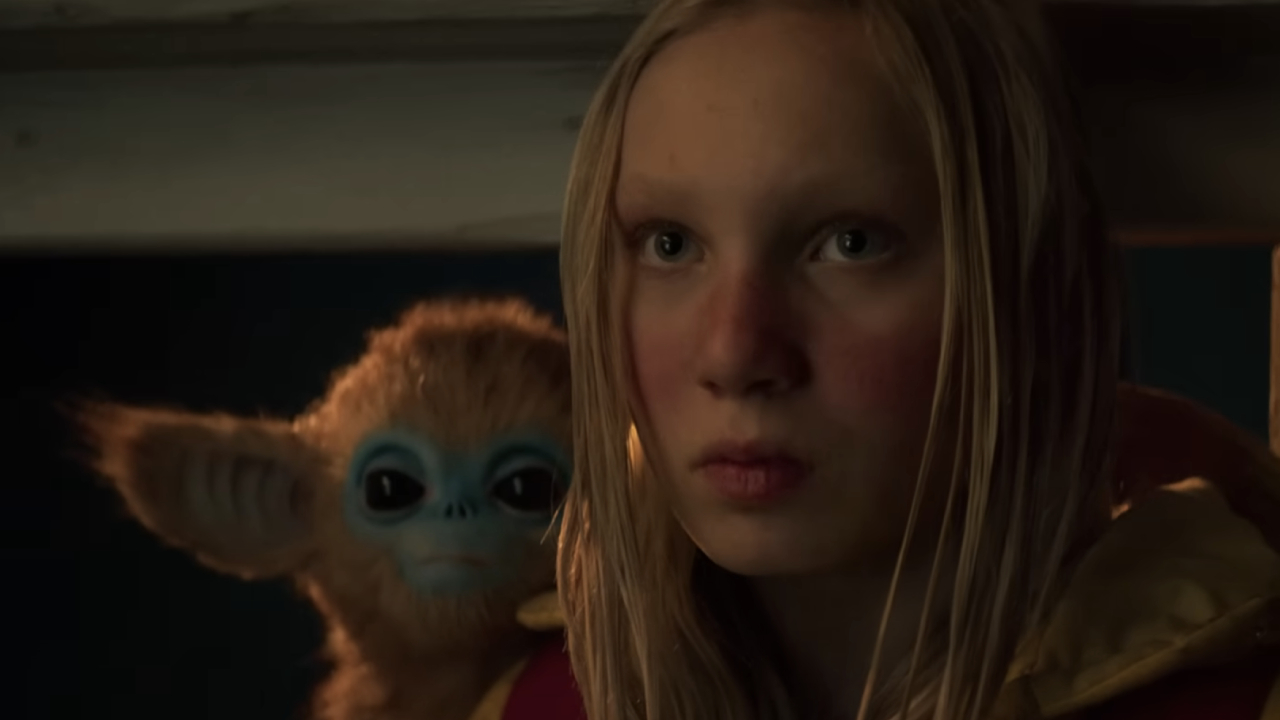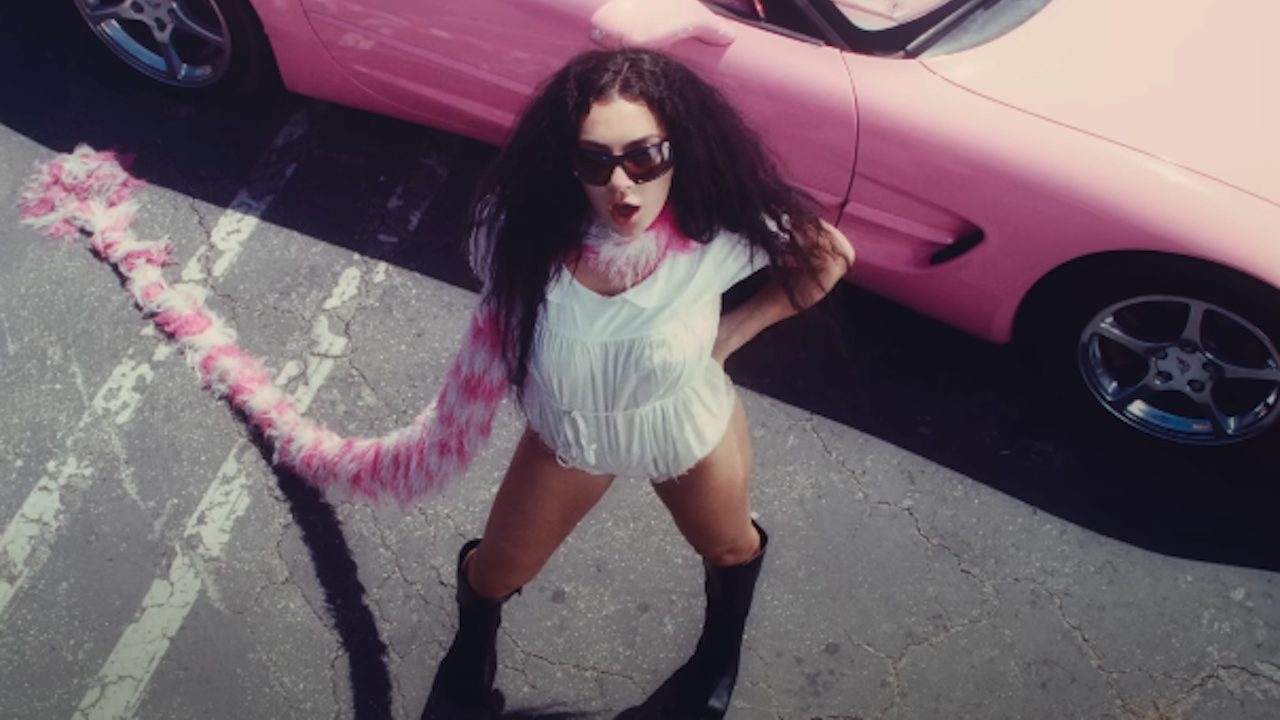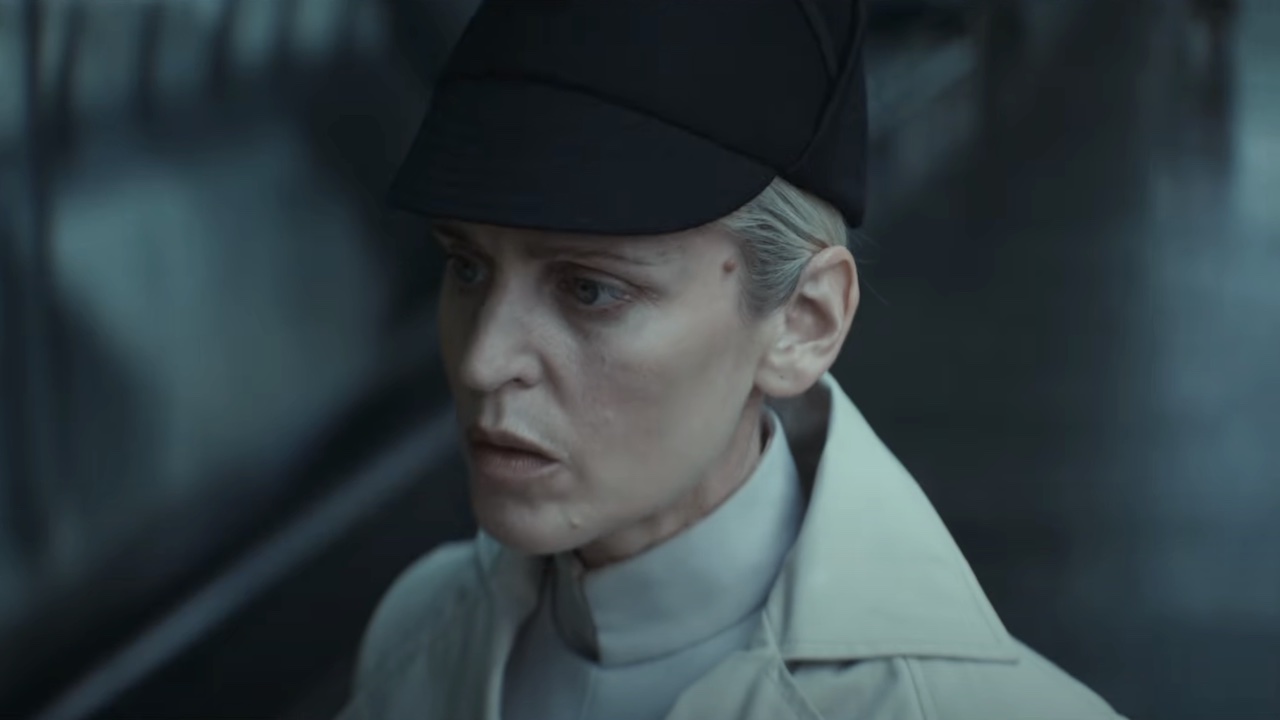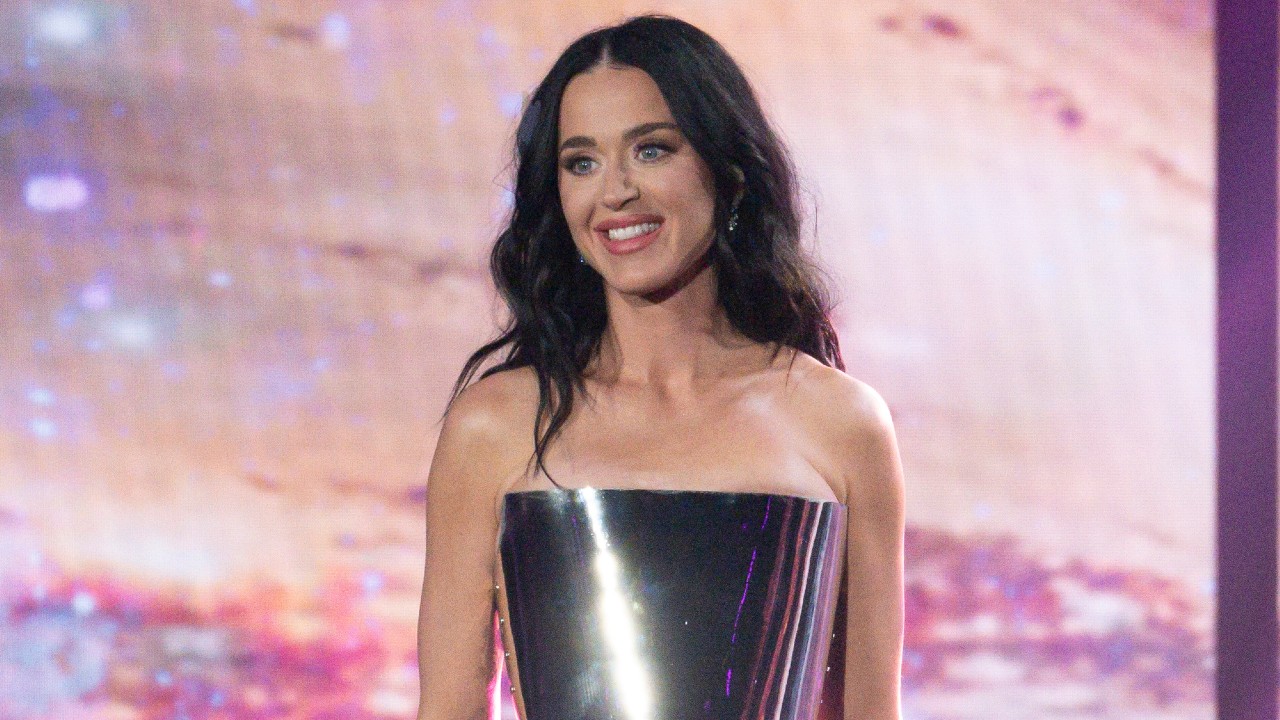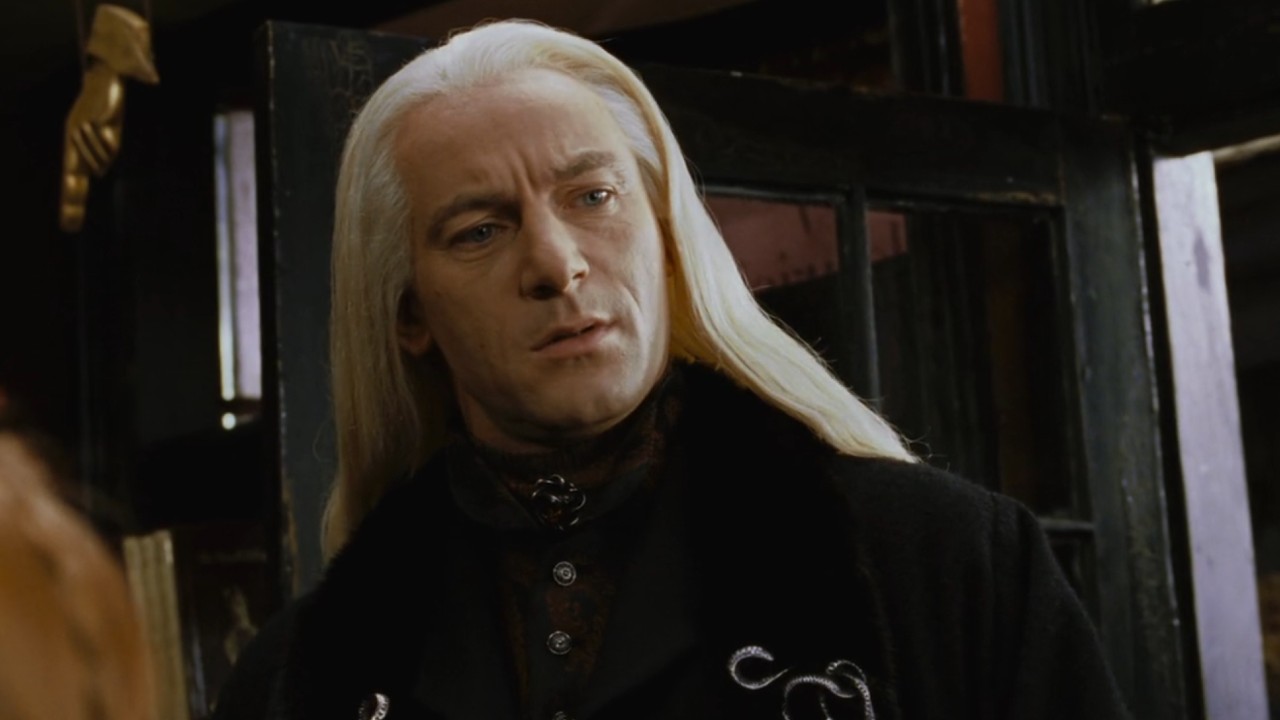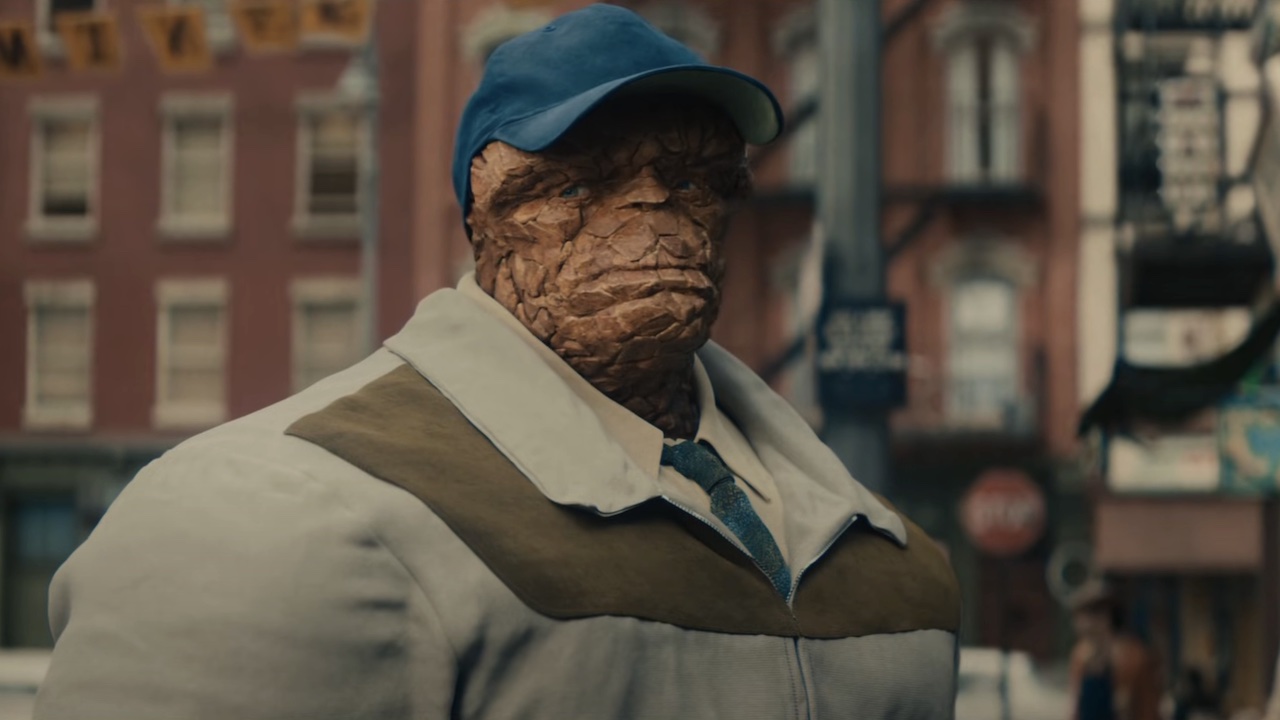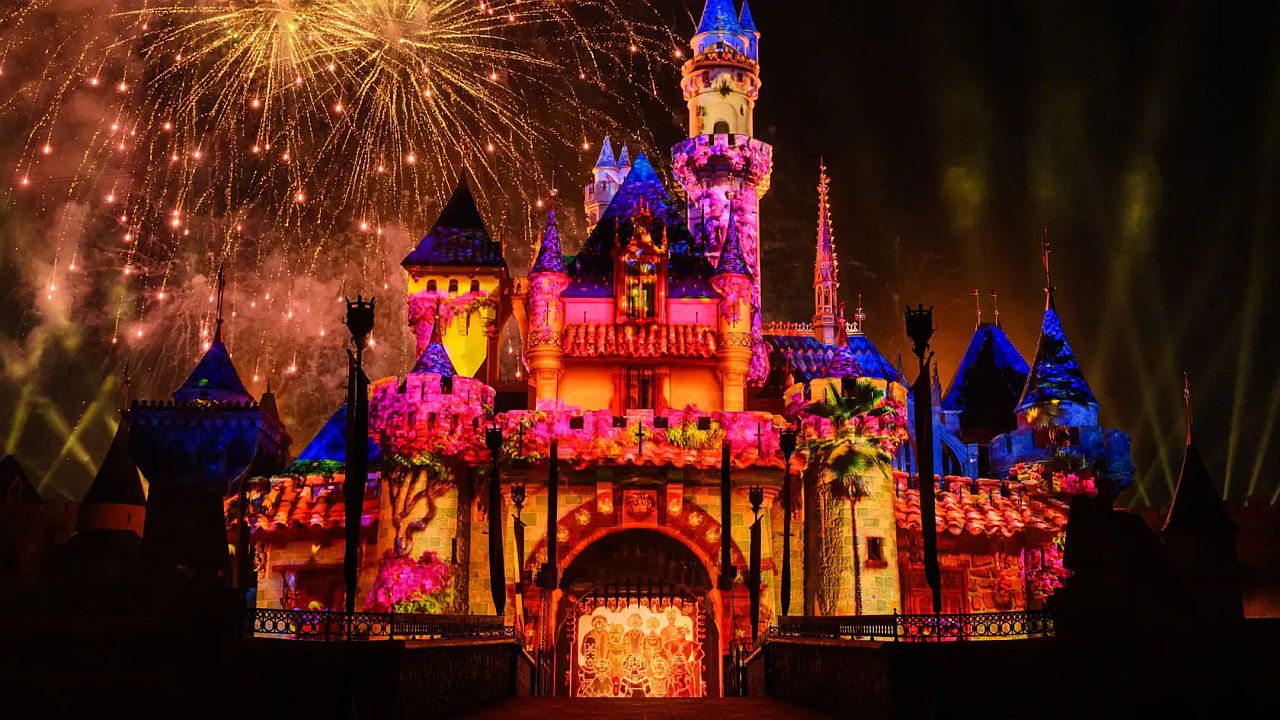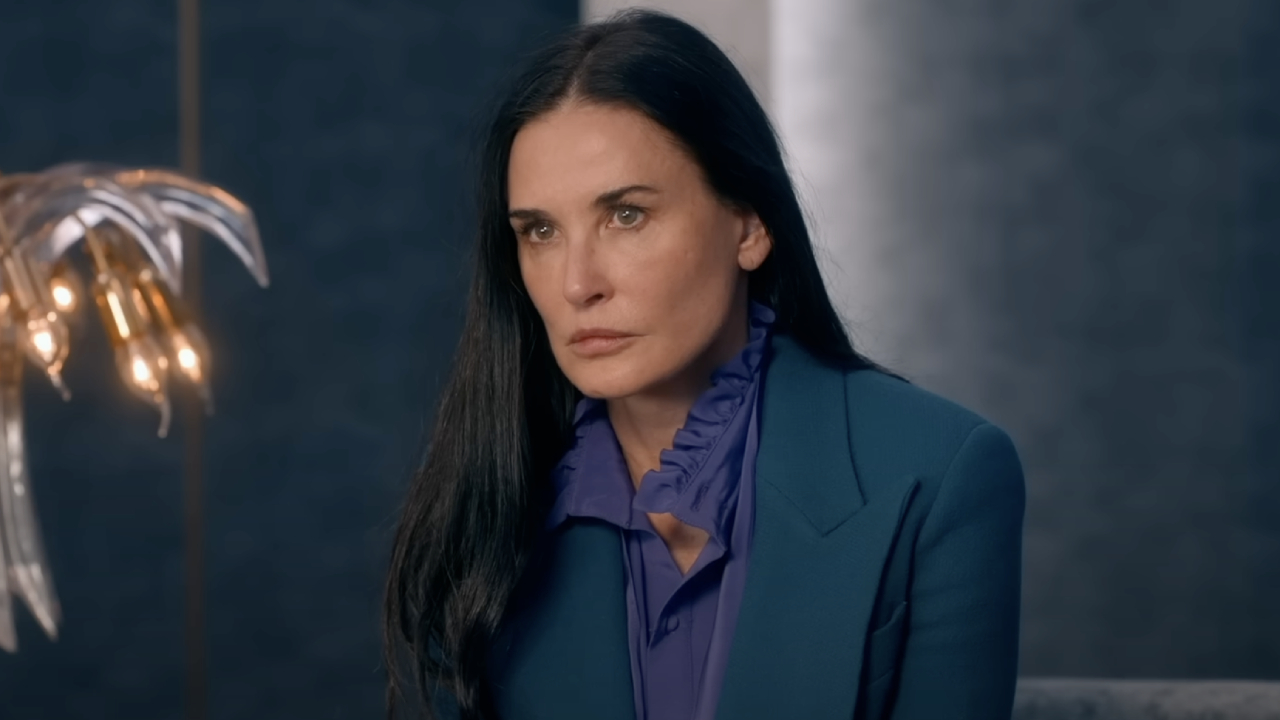Interview: The Reader Director Stephen Daldry
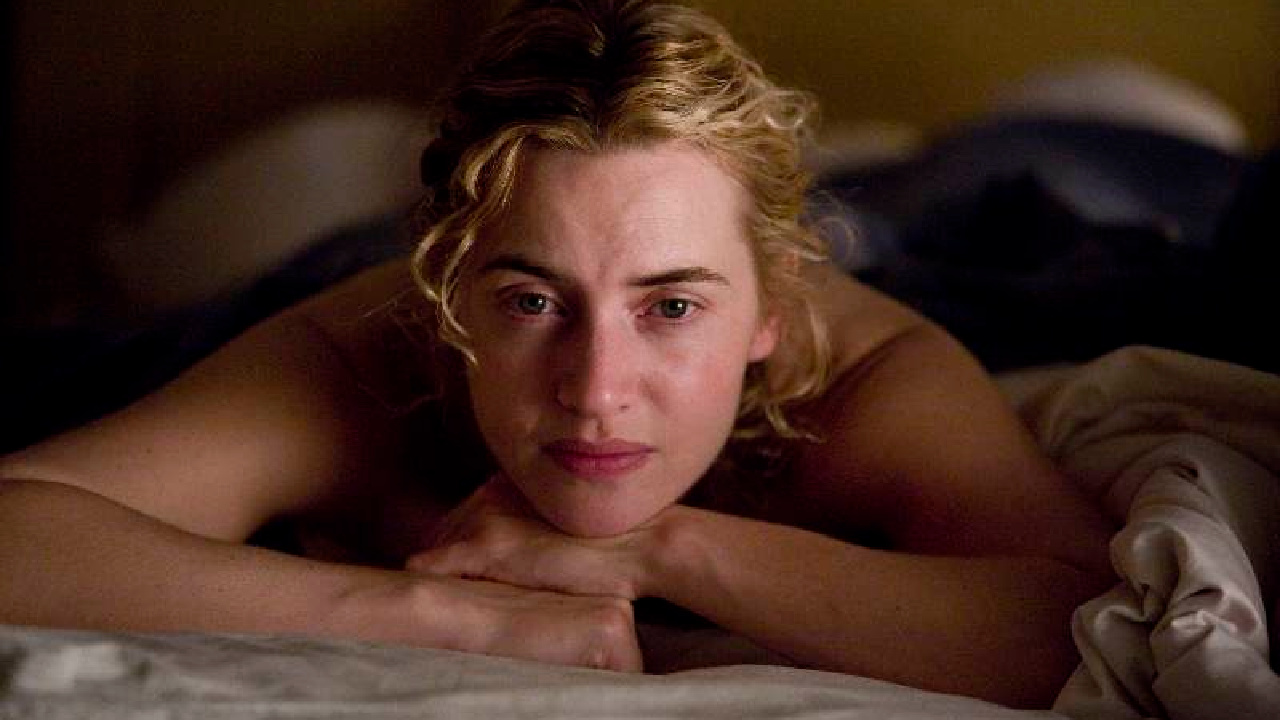
STEPHEN DALDRY Stephen Daldry is the only director in history to get a Best Director nomination for his first two films. The guy made such a splash with Billy Elliott and The Hours that you can't blame him for taking a break from the screen. But now he's back with The Reader, a drama based on Bernhard Schlink's novel about a love affair between a teenage boy and an older woman in post-war Germany. Much more than just a hot love story, The Reader deals with the many different levels of guilt felt by Germans after World War II, and one particular character's attempts to move on.
Daldry talked to a room full of journalists last week about his new project, which he's spent the last few months frantically finishing while he prepared Billy Elliott the musical. Check out what he had to say below.
Did [screenwriter] David Hare bring the book to you, or did you bring it to him?
We both read the book independent of each other. The book was going to be made into a movie by Anthony Minghella, who was a friend of both of ours. Independently of each other we'd been badgering Anthony to let us have a go.
What were some of the biggest changes you made in adapting the book?
The book is a first-person narrative, so we needed to find an equivalence to the telling. In the book the idea of telling the story in a sort of confessional mode. Not wanting really to start and finish the movie with him at a typewriter. We decided that what the character Michael Berg had to do, what were struggling with, was telling someone. So we chose his daughter, someone from the next generation.
How did you choose David for the key role of younger Michael?
CINEMABLEND NEWSLETTER
Your Daily Blend of Entertainment News
David's a young actor. When I'd cast him he'd done one film before, in German. Of the many tasks he had to approach, challenges he had to overcome, was that his English wasn't that good when he started. He's phenomenal young man, with great talent and great determination.
Was he open to everything?
Totally. He was wonderful to work with.
Can you talk about the casting of Kate? I understand it went through a few incarnations.
I'd originally approached Kate-- I'm trying to think when that was. She was going to clash with that film [Revolutionary Road], so I went with my old friend Nicole. Then we started shooting, and NIcole got pregnant, so I went back to Kate!
You have a distance from the story, not being German. How did you connect to the feelings of this post-war generation?
I spent a little time in Germany as a schoolboy learning German, and it's a country I knew very well, spent a lot of time in. I knew the history very well. I've always wanted to do a piece of work about the post-war period, of one sort or another.
Can you talk about the aging makeup used on Kate Winslet?
We tested for a long time. She has to age up from 36 to 70. It was a whole variety of different prosthetics on her face, which took some time to test and retest. But also we needed to find a body for her, which was weighted in the correct way, and changed her center of gravity, and changed how she would move and feel. In the end we created this silicon body, in advancing stages as she got older. Spent a lot of time looking at pictures of her mother, her grandmother. There's a whole variety of different issues too. It's about prosthetics, the nature of them. One of the biggest challenges was how the gravity would change in the face, as well as the body.
What do you hope people take away from the film?
I hope people have as many different reactions to the film as people watch it. I think it's a complex story, and there is a great ambiguity. And one of the things we work very hard to do is to maintain that ambiguity, so people can have different responses to it. Mr. Schlink wrote the book about a generational issue, about how to love. I think he wanted to talk about, for his generation, the difficulties of loving your parents or your teachers or your pastors, and to heighten that issue, put the generational issue into a love affair. How is it possible to love in the context of a generation that's been through generation? Is it possible to love? Is that love valid or invalid? When you find out the truth about the person you love, does that mean that everything you had together is a lie?
Staff Writer at CinemaBlend

